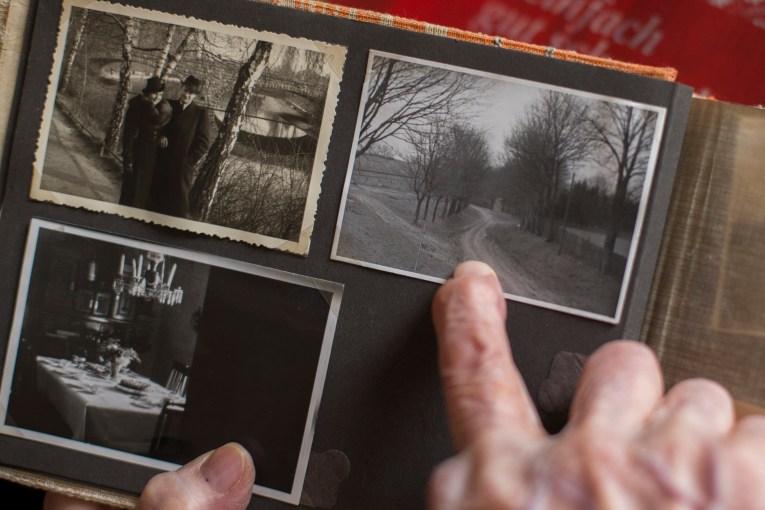US increases Iraq air strikes
US aircraft have attacked targets of Islamic State militants in northern Iraq, the Pentagon says.
Two US F/A-18 aircraft dropped 500-pound (227kg) laser-guided bombs on mobile artillery belonging to the jihadist group near Erbil, the capital of the autonomous region of Kurdistan.
Militants were using the artillery against Kurdish forces defending the city, “where US personnel are located,” the Pentagon said in a statement, referring to State Department employees relocated there weeks ago from Baghdad.
The air strikes continued later on Friday and hit a mortar position, killing some insurgents, Pentagon spokesman Rear Admiral John Kirby said.
In a separate attack, four F/A-18 jets struck an Islamic State convoy and a mortar position near Erbil.
Officials at the White House and the Pentagon stressed that the latest US effort was limited and designed in part to deter the Islamic State.
They said strikes would focus on situations where US forces or personnel could be in jeopardy.
The action came hours after US President Barack Obama authorised strikes that could threaten US personnel or facilities as well as humanitarian aid drops.
“As the president made clear, the United States military will continue to take direct action against (the Islamic State) when they threaten our personnel and facilities,” the Pentagon said.
The US military began an air drop of humanitarian aid to tens of thousands of Yazidis who have been trapped in the Sinjar mountains by Islamic State attacks.
The presidential authorisations are classified and precise details have not been made public.
But the president made clear the authorisation went beyond simply protecting the US consulate and military personnel in Irbil and appears to permit US military action in at least three locations: Baghdad, home to the US embassy, Baghdad international airport, where US troops are based, and Irbil, where a US presence includes 40 military advisers, hundreds of staff evacuated from the Baghdad embassy, and a recently expanded CIA station at the airport.
What constitutes a potential threat is up to the commander of the US Central Command, General Lloyd Austin, who was the last US commander in Iraq.
In Erbil on Friday, a government official said fighting had claimed the lives of 150 Kurdish Peshmerga soldiers since June.
Another 500 have been injured, according to the Kurdish news portal.
The Pershmerga army is reorganising and aims to retake the areas lost to the Islamic State, the official said.
He said the jihadists have weapons captured from the Iraqi army during the recent fighting.
The Kurdish news portal also said 10,000 Yazidis who fled to Mount Sinjar had been rescued.
Armed Kurdish forces brought the Yazidis to safety through a guarded corridor.
The Islamic State, also known as ISIL or ISIS, has captured large swathes of territory in the Sunni heartland in western and northern Iraq since early June.








